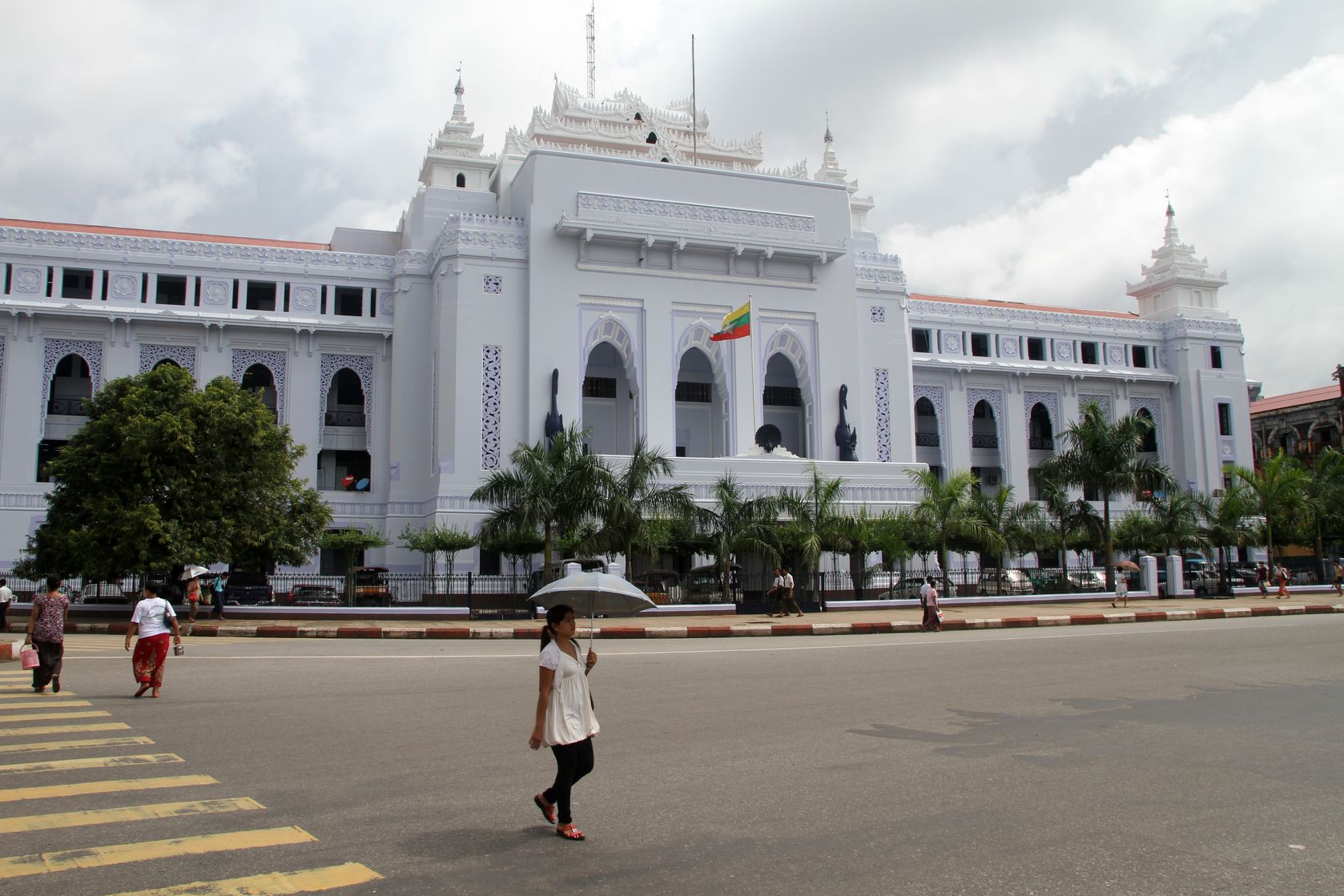9 January, 2019
The Myanmar Government has recently established the Myanmar Competition Commission (the “Commission”) by issuing Notification No. (106/2018) dated 31 October 2018. The Commission acts as a regulatory authority that carries out the duties and responsibilities provided under the Competition Law (the “Law”) which has been in force since February 2017. The Commission comprises of 11 individuals made up of government officials and professionals.
In order to ensure a level playing field and promote a culture of fair business competition for enhanced regional economic performance in Myanmar, the Law was enacted on 24 February 2015 and came into force on 24 February 2017. The Competition Rules 2017 (the “Rules”), which provides guidance on the implementation of the Law, was subsequently issued under Notification No. 50/2017 dated 9 October 2017.
The establishment of the Commission is a further step by the government to effectively enforce the Law and the Rules. The Commission is tasked with protecting public interest, controlling unfair competition, preventing abuse of dominant position and controlling restrictive agreements and arrangements among enterprises.
With the establishment of the Commission as a regulatory body for competition matters, businesses operating in Myanmar should start familiarising themselves with the Law and audit their business conduct to ensure compliance with the competition regime. Employee training should be provided to all employees, especially personnel who deal with customers, competitors and price-setting, including marketing and sales teams, to ensure that the company’s employees are familiar with potential competition law risks in the business.
In particular, Myanmar businesses that hold a large market share should take immediate steps to review their horizontal and vertical agreements to ensure compliance with the Law in terms of abuse of dominant position.
Potential joint venture or acquisition transactions may need to be reassessed to avoid excessive market concentration that may be seen as monopolisation of market.
New businesses that are entering the market may need to re-evaluate their pricing and marketing strategies to avoid anti-competitive behaviour.
Trade associations must also avoid anti-competitive conduct such as coordinating price levels and organising resources. As Myanmar has a long tradition of powerful trade associations, some of them may have to review their practices.
Myanmar businesses must begin to understand the competition regime brought about by the changes in the law and develop a compliance culture in line with it. Having in place an internal antitrust policy may show clear commitment to compliance, and may reduce penalties imposed in the event of any enforcement.
In conclusion, the enactment of the Law and the Rules, together with the recent formation of the much-anticipated Commission are some of the crucial steps taken by the government to develop a competition regime that is in line with international standards. If everything goes according to plan, this will be a positive move for the country in implementing international antitrust practice, encouraging foreign investment and enhancing investor’s confidence in the market.
For more information, please contact:
Geraldine Oh, Resident Partner, ZICO Law Myanmar
geraldine.oh@zicolaw.com

.jpg)





